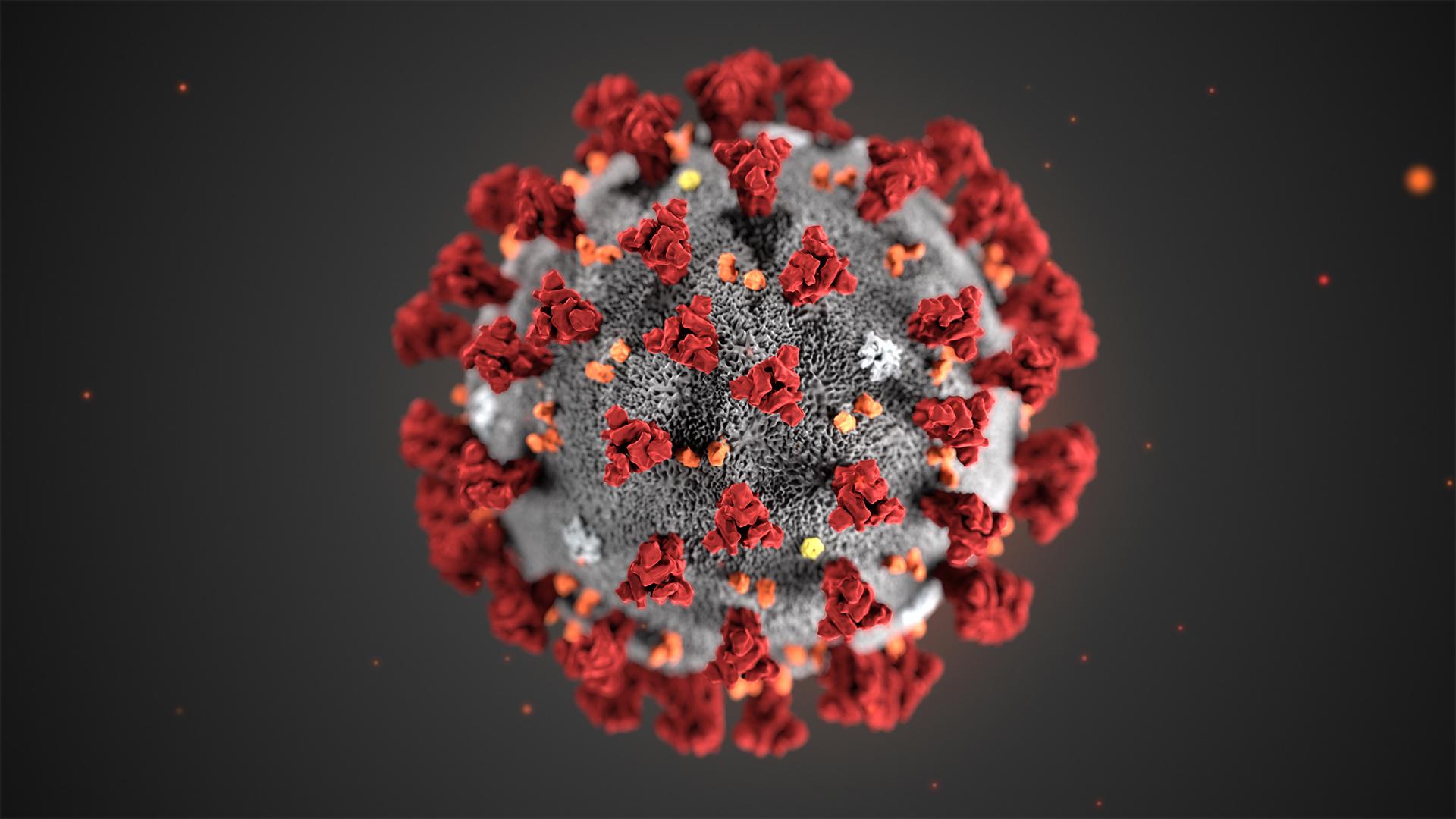 |
| William Bao Bean |
E27:
“There are two things to take note of. First, that people need to understand we’re heading into an economic downturn. The second thing is that this type of shock is quite special because it’s driving an equally massive change in habits,” Bean says in an interview with e27.More at E27.
“Stay at home is driving the adoption of digital [platforms] extremely quickly. So on the one side, it’s an economic apocalypse, but on the other side, people are focussed on the change of habits,” he continues.
While balancing these two directions can be tough, there is plenty of good news on the ground...
Winners of the future will be very different from the winners of the past which, according to Bean, will mostly be driven by newly formed habits.
E-sports is expected to be “fricking huge,” he says.
“With an audience larger than the NBA, tennis and American football, it’s over half a billion people who watch these sports. Plus, you know, some people [prefer to] watching it, instead of playing it. Right now, a lot of sports are not airing and who is the beneficiary of [having] no sports on TV?” the investor points out.
Gaming has become one of the most common past times of entertainment and experts predict that the trend is here to stay.
Twitch, a leading live streaming platform for gamers, noted a viewership increase of 56 per cent this quarter compared to Q1 2020 while growing 60 per cent year over year. Facebook Gaming also saw a boost from the lockdown growing 75 per cent throughout Q1 until now.
Aside from gaming, Bean also expects online education and online media to have a longevity period of growth. This is mostly driven by the needs of parents and students who were forced to study from home during the circuit breaker measures implemented in Singapore, and similar approaches taken in other countries.
As with the case of e-sports, online media are also experiencing a surge in popularity as customers see their offline entertainment sources becoming limited.
William Bao Bean is a speaker at the China Speakers Bureau. Do you need him at your (online) meeting or conference? Do get in touch or fill in our speakers' request form.
Are you looking for more experts on the fallout to the coronavirus crisis? Do check out this list.
At the China Speakers Bureau, we start to organize online seminars. Are you interested in our plans? Do get in touch.









